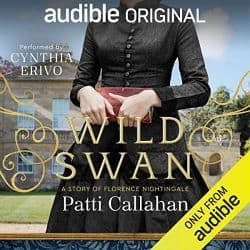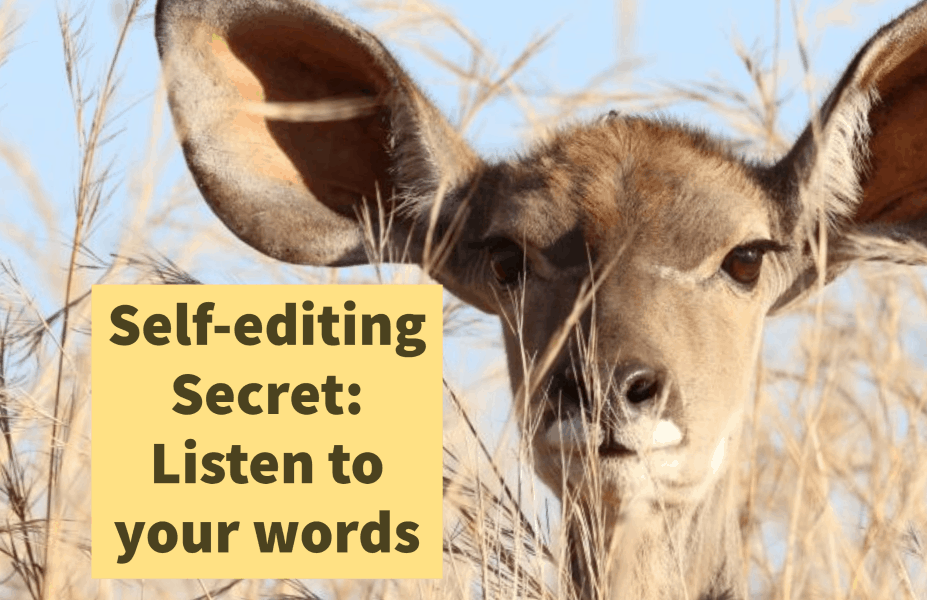by Patti Callahan Henry
Look what I found – can you believe it? For historical fiction writers like me, it’s tempting to use all of my research in the novel I’m writing. All. Of. It. Because it’s so interesting, so absolutely fascinating! As an author, every little nugget thrills me, and I feel compelled to tell my readers all about it.
But just like my son’s fourth grade handmade ceramic plate of French fries is a prized possession and on display in my home, no one else really wants to see everything that thrills me.
So how do we decide what to include?
When I approach a new subject for the first time (especially real people I have written about like Joy Davidman in Becoming Mrs. Lewis and Florence Nightingale in Wild Swan, or a true-life event like the sinking of the Steamship Pulaski in Surviving Savannah), I consider research to be the skeleton of my story. The bones must be strong. It must hold the entire body of the narrative the same way our skeleton holds us. If something is off center or broken, the story limps or can’t use its right arm.
Does this detail serve the story?
Don’t ask if it serves you or makes you look smart or proves you’re a meticulous researcher who knows their subject. What matters in your story? If you include details that do not serve the story, they’ve got to go. Brutal, but true. I know, you took six hours trying to find out how the chef cooked lamb for the dinner party in 1927 on a rainy day, but does it matter? Maybe it does; maybe it doesn’t. Here’s how to find out.
What does serving your story mean in the real writing-world?
Ask yourself a few questions, beginning with this one: Does this fact/narrative/description/detail touch the cornerstones of your story?
And these are my cornerstones:
- What is your story really about? Its theme?
- What does your character want, really want?
- What does your character get/learn at the end of the story?
- What are your character’s obstacles?
- Will it enrich your story without dragging it down?
If my most beloved prose passages don’t touch those cornerstones. I can’t sneak them into my story.
So you’ve included only what serves the story. Whoa! Slow down, because I’m here to tell you about one final judge and jury.
The Ear
Almost all authors have the experience of being on book tour and as we read aloud the words that have already been published, we are self-editing as we go along. We are shifting a word here, a sentence there, deleting an adjective– all because the ear likes it better that way.
This year, I wrote my first novella meant only for the ear, an Audible Original. And while I have always been sensitive to the amount of information dumping I do in a story, this time I realized that by reading the narrative aloud I found where certain passages of writing needed to be axed or where the right kind of information was in the wrong place. Instances of both may trip up the story, making me want to hit fast forward (which amounts to skimming in the actual reading).
Read it aloud
When you think it’s all said and done and the last singer has exited the stage, when you’re ready to hand over that manuscript, take one more step: read it out loud from beginning to end.
Listen for places where you’re reading too fast, or bored with your fascinating historical detail, or listen for places that take you out of the story and into a research book.
Then after you’ve taken those pieces out that don’t serve the story or the ear, be consoled my friend because you know that those facts, your favorite ones, serve your story in a way the reader might not ever see. Just like the ceramic plate of French fries makes me smile every time I walk past it, no one else has to know about how it enriches my memories and life. You’ll secretly be aware that somehow your story is better and richer for having found the obscure information you removed from the narrative. Without dragging it down, it’s still there in the quiet space between the lines where the knowledge enriches your story.
Have you read passages of your own work aloud? How was that different from reading silently at your desk? Share your experiences with us on Facebook!

 Patti Callahan Henry is a New York Times bestselling author of fifteen novels, including Becoming Mrs. Lewis: The Improbable Love Story of Joy Davidman and C.S. Lewis. Both she and her writing have received numerous awards, among them the 2020 Harper Lee Distinguished Writer of the Year and the Alabama Library Association Book of the Year for 2019. Her Audible Original, Wild Swan: A Story of Florence Nightingale is now available and her newest novel Surviving Savannah will be released in March 2021 and is now available for pre-order.
Patti Callahan Henry is a New York Times bestselling author of fifteen novels, including Becoming Mrs. Lewis: The Improbable Love Story of Joy Davidman and C.S. Lewis. Both she and her writing have received numerous awards, among them the 2020 Harper Lee Distinguished Writer of the Year and the Alabama Library Association Book of the Year for 2019. Her Audible Original, Wild Swan: A Story of Florence Nightingale is now available and her newest novel Surviving Savannah will be released in March 2021 and is now available for pre-order.
Patti Callahan is also the co-host and co-creator of the popular weekly “Friends and Fiction” Facebook Live Show and podcast, featuring the five bestselling authors Mary Kay Andrews, Kristy Woodson Harvey, Kristin Harmel, and Mary Alice Monroe with endless stories and special guests. It is every Wednesday night at 7 PM on the Friends and Fiction Facebook page, and can be rewatched on You Tube.





